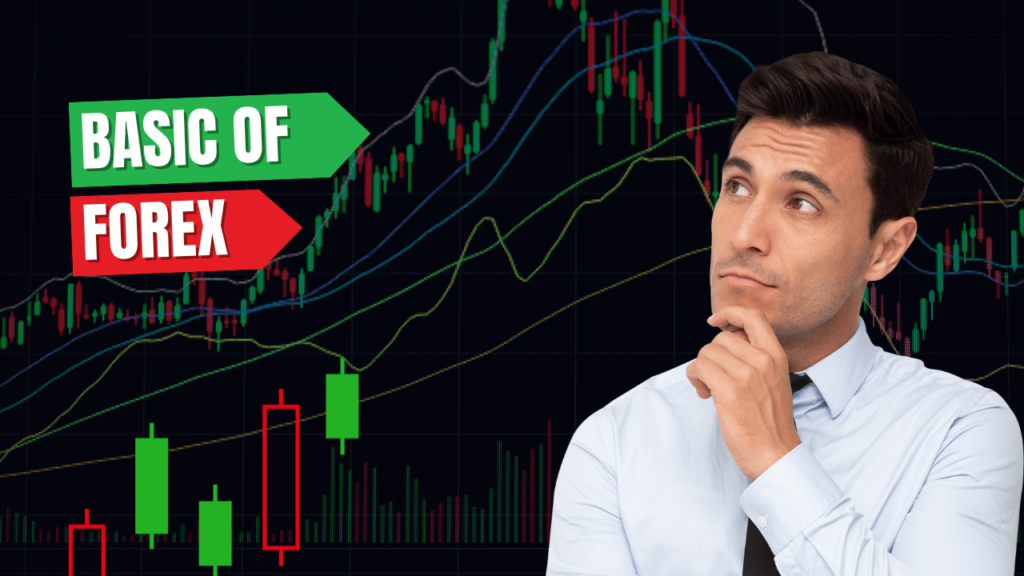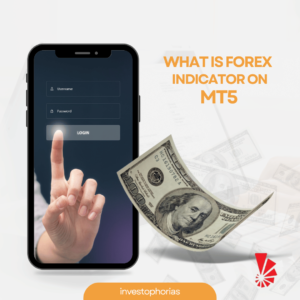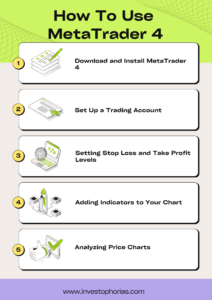

The foreign exchange market, or forex, is the largest financial market in the world. It involves trading currencies, with the goal of making a profit from fluctuations in exchange rates. For beginners, understanding how the forex market operates is crucial before diving in. So, how does the forex market work to make money? This article will explain the basics, how it functions globally, and how beginners can get started.
What is Forex Trading?
Forex, also known as FX or foreign exchange, refers to the global marketplace where currencies are traded. Unlike stock markets, the FX market operates 24 hours a day, five days a week, allowing traders to capitalize on currency price movements at any time.
In the forex market, you trade currency pairs like EUR/USD or GBP/JPY, speculating on whether one currency will strengthen or weaken against another. What is forex trading? It’s simply the process of exchanging one currency for another at an agreed exchange rate, with the potential to profit from market fluctuations.
How Does the Forex Market Work to Make Money?
At its core, forex trading involves predicting the movement of one currency against another. For example, if you believe the U.S. dollar will strengthen against the Euro, you would buy USD and sell EUR. If your prediction is correct and the USD does rise in value, you can sell it for a profit.
How does the forex market work to make money? Profits are made by buying low and selling high, or selling high and buying low. Traders use analysis, both technical and fundamental, to forecast market trends and make informed trading decisions.
How Does the Forex Market Work for Beginners?
For beginners, navigating the FX market can be daunting. However, with the right tools and knowledge, you can begin trading forex successfully. Most beginners start by using a forex trading app, which simplifies trading through user-friendly platforms.
How does the forex market work for beginners? First, you need to open an account with a forex broker. Once your account is funded, you can trade currency pairs. Beginners should start by learning basic concepts such as how to read forex charts, understanding leverage, and practicing with a demo account.
Forex Trading in America: How Does It Work?
The forex market operates globally, but it’s important to understand how it functions in different regions. How does the forex market work in America? In the U.S., forex trading is highly regulated by organizations like the Commodity Futures Trading Commission (CFTC) and the National Futures Association (NFA).
In America, forex brokers must follow strict rules to protect traders. Leverage is limited to 50:1, which means traders can control larger positions with less capital, but it also reduces potential risk. Unlike other countries, where leverage can be as high as 500:1, the U.S. takes a more conservative approach to protect traders.
Who Controls the Forex Market?
Unlike stock markets, the forex market does not have a centralized exchange. Instead, it operates through a network of banks, brokers, and financial institutions across the globe. So, who controls the forex market? In essence, no single entity controls it.
However, central banks play a significant role in influencing the FX market. For example, the U.S. Federal Reserve and the European Central Bank can impact currency values by adjusting interest rates or engaging in monetary policy. These institutions play major roles, but supply and demand actively drive the decentralized market.
The Role of Forex Trading Apps
For traders, having access to a forex trading app is essential. These apps provide real-time data, advanced charting tools, and execution features. A good app allows traders to monitor market trends, place orders, and manage positions with ease.
Key Components of the Forex Market
Currency Pairs: Forex trading involves buying one currency and selling another. Popular pairs include EUR/USD and GBP/JPY.
Leverage: Leverage allows traders to control large positions with relatively small capital. However, it also increases risk.
Spreads and Pips: The spread is the difference between the buy and sell price. Pips measure the price movement of a currency pair.
Liquidity: The FX market is highly liquid, meaning trades can be executed quickly without affecting prices significantly.
Volatility: Economic reports, geopolitical events, and central bank policies actively influence forex markets, causing currency value fluctuations.
How Much Money Do You Need to Start Forex Trading?
One common question from beginners is how much capital they need to start trading forex. The answer depends on the broker, leverage, and risk tolerance. You don’t need a large sum to begin.
Many brokers allow traders to start with as little as $100, but how much you deposit depends on your goals.Wondering if you need $25,000 to day trade forex? The answer is no. Unlike stock trading, which requires a $25,000 minimum, the forex market imposes no such rule.
Is Forex Good for Day Trading?
Is forex good for day trading? Absolutely. Forex’s high liquidity and 24-hour trading make it ideal for day traders. Currency pairs experience frequent price movements, allowing traders to capitalize on short-term opportunities. Additionally, the availability of leverage makes forex a popular choice for day trading.
However, day trading requires quick decision-making and discipline. Beginners should practice on demo accounts before using real money to avoid significant losses.
Can You Trade Forex with $100?
Can you day trade forex with $100? Yes, many brokers offer micro and mini accounts that allow you to start trading with $100. However, starting with such a small amount means using high leverage, which increases both potential gains and risks. It’s advisable to start with a bit more capital if possible.
The forex market offers immense opportunities for both beginners and experienced traders. Understanding how the forex market works is the first step to success. Whether you’re trading in the U.S. or globally, it’s crucial to follow regulations, use reliable tools like forex trading apps, and stick to a solid strategy.


